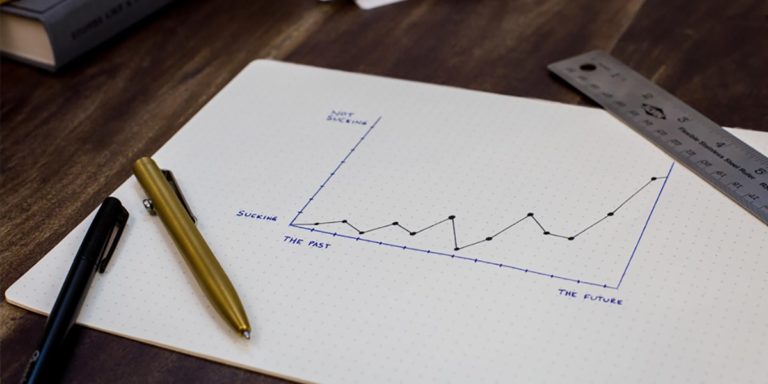When it comes to productivity at work, the legal profession is at the forefront. The demands of your average law office require high-quality results delivered quickly and well, placing pressure on legal professionals to be as efficient as possible.
While your law firm might provide you with productivity tools, managing your own productivity is always a personal responsibility whether you’re a lawyer, a paralegal, or any other type of legal professional. If you’re looking for ways to increase your own productivity at work, you’re likely to benefit from the following four steps.
Step 1: Track The Time You Spend on Tasks
Before you can improve your productivity, you need a benchmark to measure yourself against. People can be relatively poor judges of elapsed time, so using a stopwatch app or similar time tracker on your laptop or mobile device will provide you a much clearer picture of just how long specific tasks take you. This lets you apply targeted pressure to the most time-consuming tasks, enabling you to pursue solutions to these tasks without wasting time on processes that already work for you.
Step 2: Find Ways to Streamline Processes Without Compromising on Quality
Using technological tools or developing specific approaches to certain tasks will certainly go a long way in streamlining processes that otherwise take up too much of your time. That being said, keep in mind that productivity is about more than completing work tasks as quickly as possible – it’s also about ensuring that work is done accurately and without error. In the field of law this is doubly important — a mistake on a crucial court document could cause needless delays or even cost you clients, so ensure that you’re not streamlining processes by sacrificing quality control.
Step 3: Work in Blocks of Uninterrupted Time – But Not For Too Long
We all work best when we’re not subject to distractions or interruptions. If you can, position yourself at the office (or wherever you’re working) in an environment where you’re sure you won’t be bothered for long, uninterrupted periods of time. However, working for too long without taking a break is actually counter-productive; both your mind and your body need to reset periodically, so ensure that you don’t work in blocks longer than an hour or an hour and a half. Make sure any breaks you take get your blood pumping – going for a short walk, or even just taking a flight of stairs, are both excellent options.
Step 4: Employ Environmental Adaptation Techniques, then Adapt to Your New Environment
It may seem trite, but environmental adaptation has a definite positive effect on your productivity. Take steps to personalize your work environment and you’ll increase your overall happiness at work; this will have the secondary effect of making you naturally more productive. If you’ve got your own office, decorate it to your own specifications, including objects like plants and other aesthetic elements. Even if you’re relegated to a cubicle farm, you can still decorate the walls and shelves with personal items.
